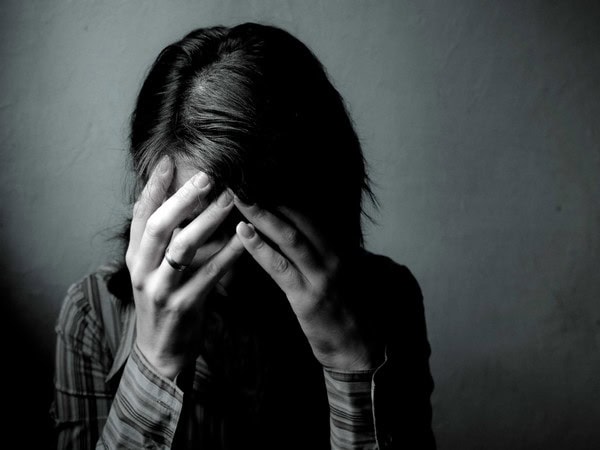Washington: If you are always tired and feel fatigued, this may be a matter of big concern.
According to a study conducted by the European Society of Human Reproduction and Embryology, fatigue is a common but underestimated symptom of endometriosis.
The study found that the prevalence of fatigue was more than doubled in women diagnosed with endometriosis compared to those who were unaffected by the condition.
It remained significant after the results were adjusted for other factors that might play a role in fatigue, such as pain, insomnia, occupational stress, depression, BMI, and motherhood.
“These findings suggest that endometriosis has an effect on fatigue that is independent of other factors and that cannot be attributed to symptoms of the disease,” said Professor Brigitte Leeners, who led the research.
“Although chronic fatigue is known to be one of the most debilitating symptoms of endometriosis, it is not widely discussed and few large studies have investigated it. We believe that in order to improve the quality of life for women with this condition, investigating and addressing fatigue should become a routine part of medical care, and doctors should investigate and address this problem when they are discussing with their patients the best ways to manage and treat the disease. It would also help these women if steps were taken to reduce insomnia, pain, depression and occupational stress.”
Endometriosis is a condition in which the endometrial cells that form the inside of the womb also grow in other areas of the pelvic region, such as the ovaries and the abdominal cavity. The main symptoms are pain and infertility, although not all women will have these symptoms.
It is not known what causes it, but it is a common gynecological disease with a global prevalence of between 6-10 percent. It can be treated with drugs, such as anti-inflammatory and hormone therapy, and with surgery.
The researchers recruited 1120 women, 560 with endometriosis matched with 560 without it, from hospitals and private practices between 2010 and 2016. The women completed a questionnaire that asked about various factors relating to the quality of life and endometriosis, as well as medical and family histories, lifestyle and mental disorders. Fatigue and insomnia were categorised into five different levels ranging from 1 (never) to 5 (very often).
They found that 50.7 percent of women diagnosed with endometriosis suffered from frequent fatigue compared to 22.4 percent of women without the condition.
Fatigue with endometriosis was also associated with a more than seven-fold increase in insomnia, a four-fold increase in depression, a two-fold increase in pain and a nearly 1.5-fold increase in occupational stress. Age, time since the first diagnosis and the stage of the disease were not linked to fatigue.
The researchers said that a possible reason why endometriosis could cause fatigue, independently of the other factors, is that the endometrial lesions may be causing inflammation that activates the immune system.
Proteins called cytokines that are involved in cell signaling when the immune system is activated have been shown to play a role in fatigue symptoms.
Chronic exposure to high stress can result in adrenal fatigue, and this could be an additional possible explanation.
The study appears in the journal Human Reproduction.
(ANI)

